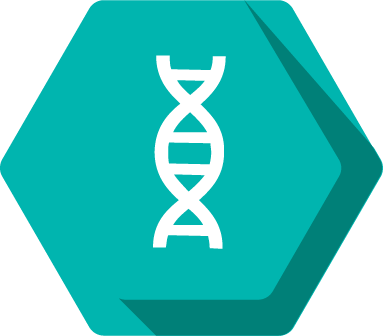Maria Fields

Pronouns: She/her/hers
Research Mentor(s): John Traynor, Professor
Research Mentor School/College/Department: Pharmacology, Michigan Medicine
Presentation Date: Thursday, April 22, 2021
Session: Session 2 (11am – 11:50am)
Breakout Room: Room 7
Presenter: 1
Abstract
Traditional opioids target the mu opioid receptor and remain the de facto treatment for pain management. However, they are responsible for a myriad of unwanted side effects, such as addiction and respiratory depression, limiting long-term clinical utility. The kappa opioid receptor has emerged in recent years as a viable drug target as a means to avoid the undesirable side effects stemming from the mu opioid receptor. Thus, identifying a novel kappa opioid receptor agonist would be of great therapeutic value. To better understand the preference of the kappa opioid receptor’s preference for agonists or antagonists, opioids known to target this receptor were subjected to molecular docking against the agonist- and antagonist-bound structures to predict whether either had preference for an opioid type. After ranking ordering based on the docking score, no preference was observed for either receptor. Additional optimization of the docking protocol, such as the use of pharmacophore constraints, would potentially improve results. Structurally, a better understanding of opioid preference for the kappa opioid receptor would aid in the selection of compounds following a virtual screen for experimental validation.
Authors: Maria Fields
Research Method: Computer Programming







